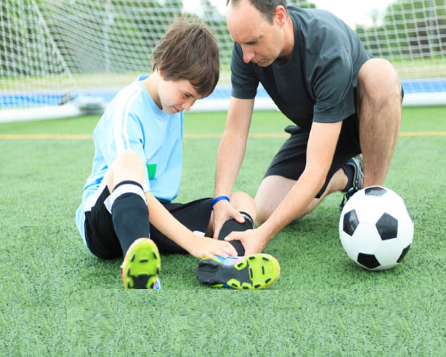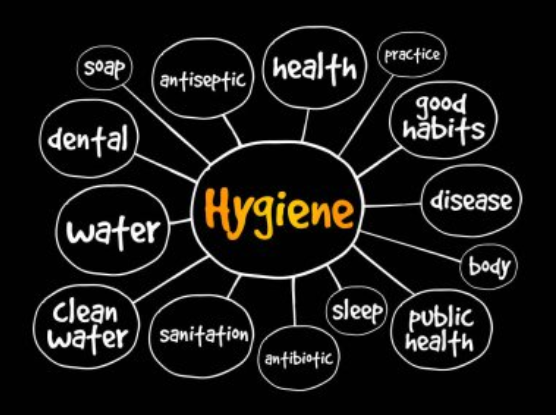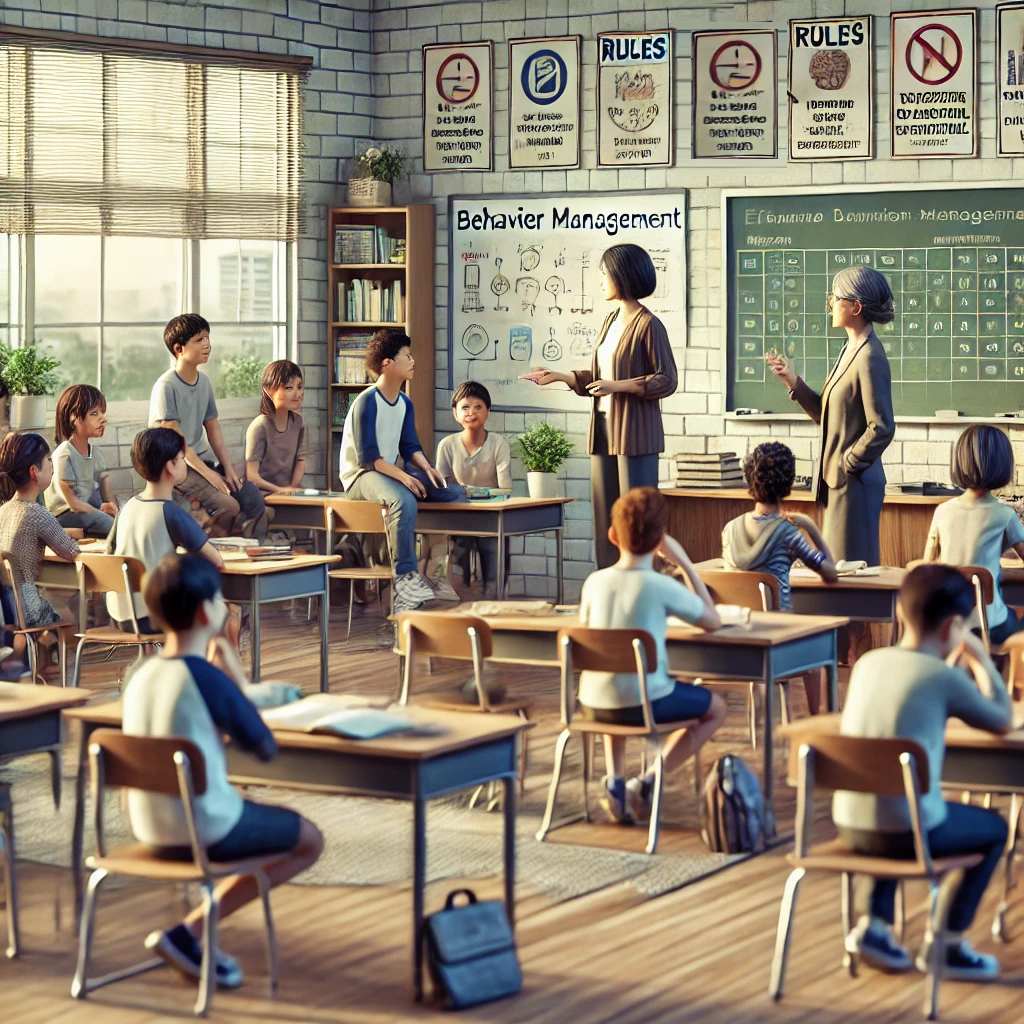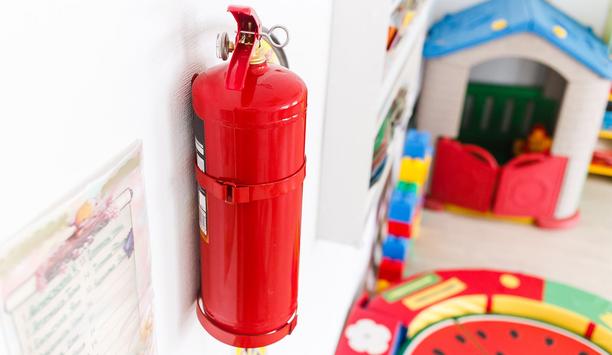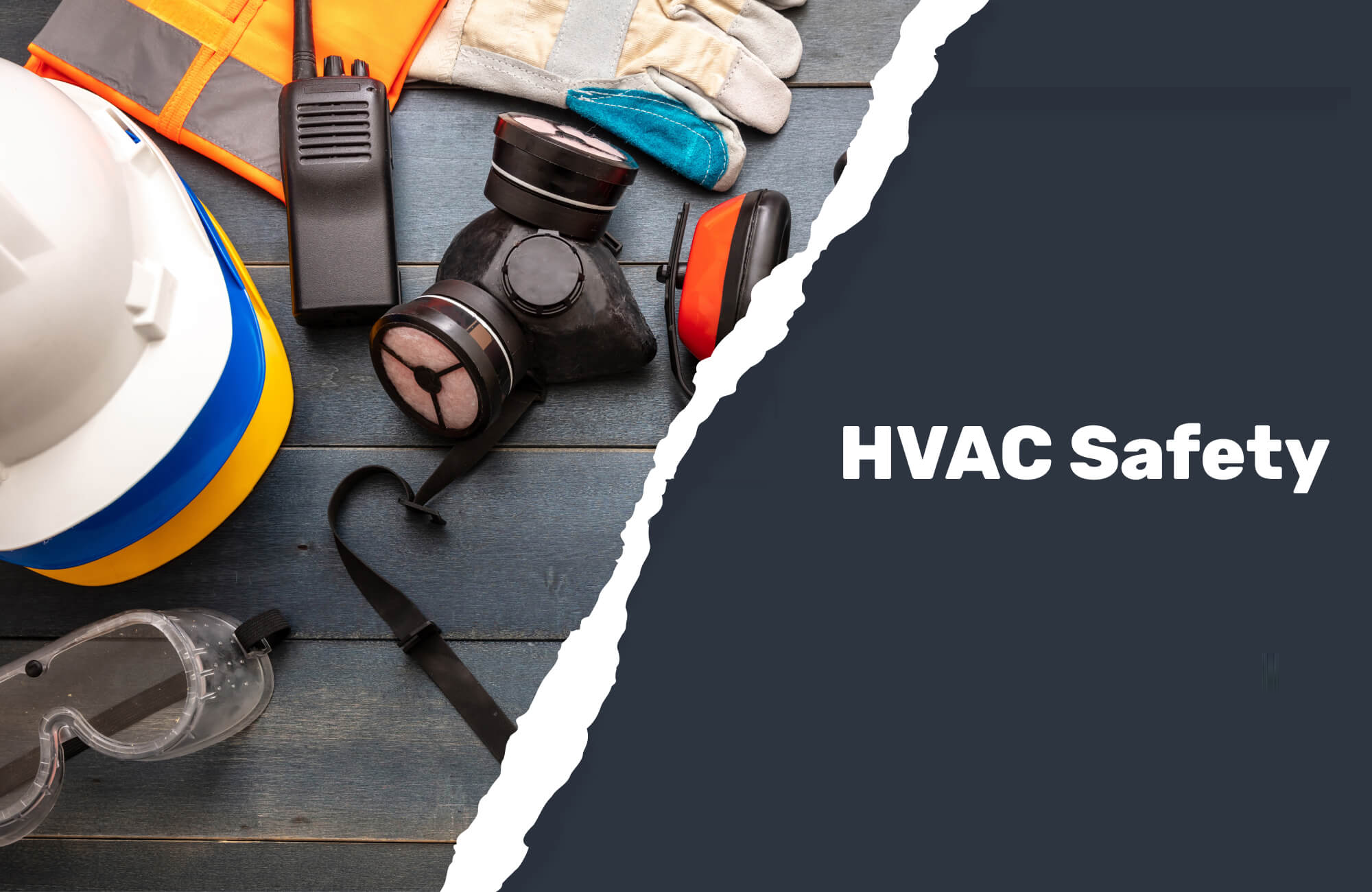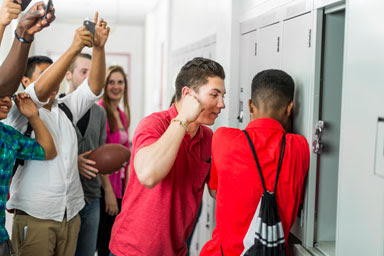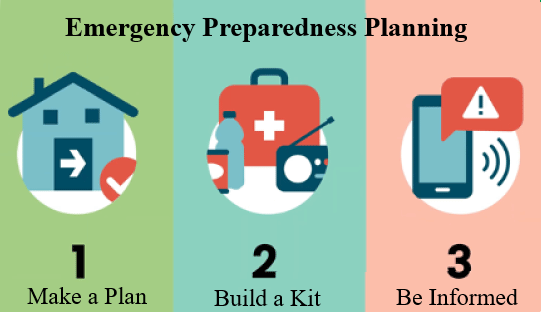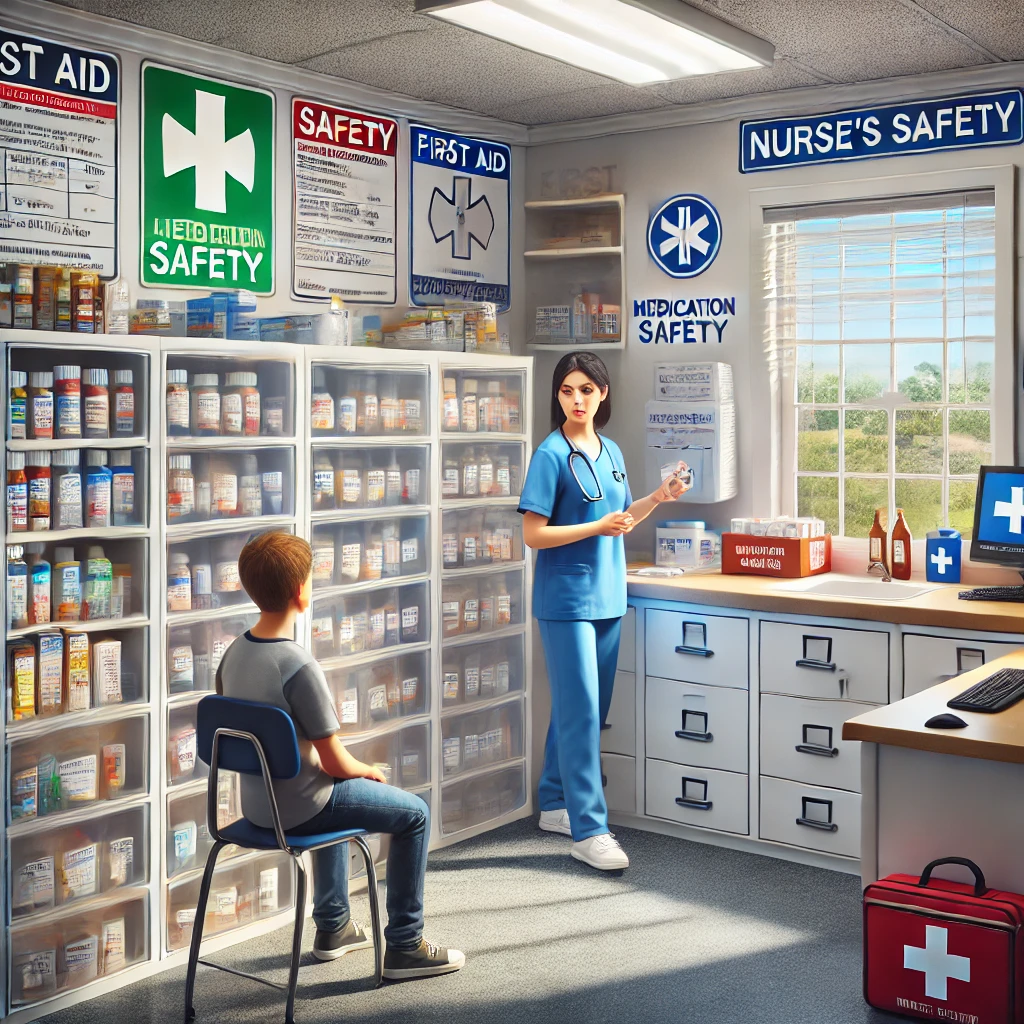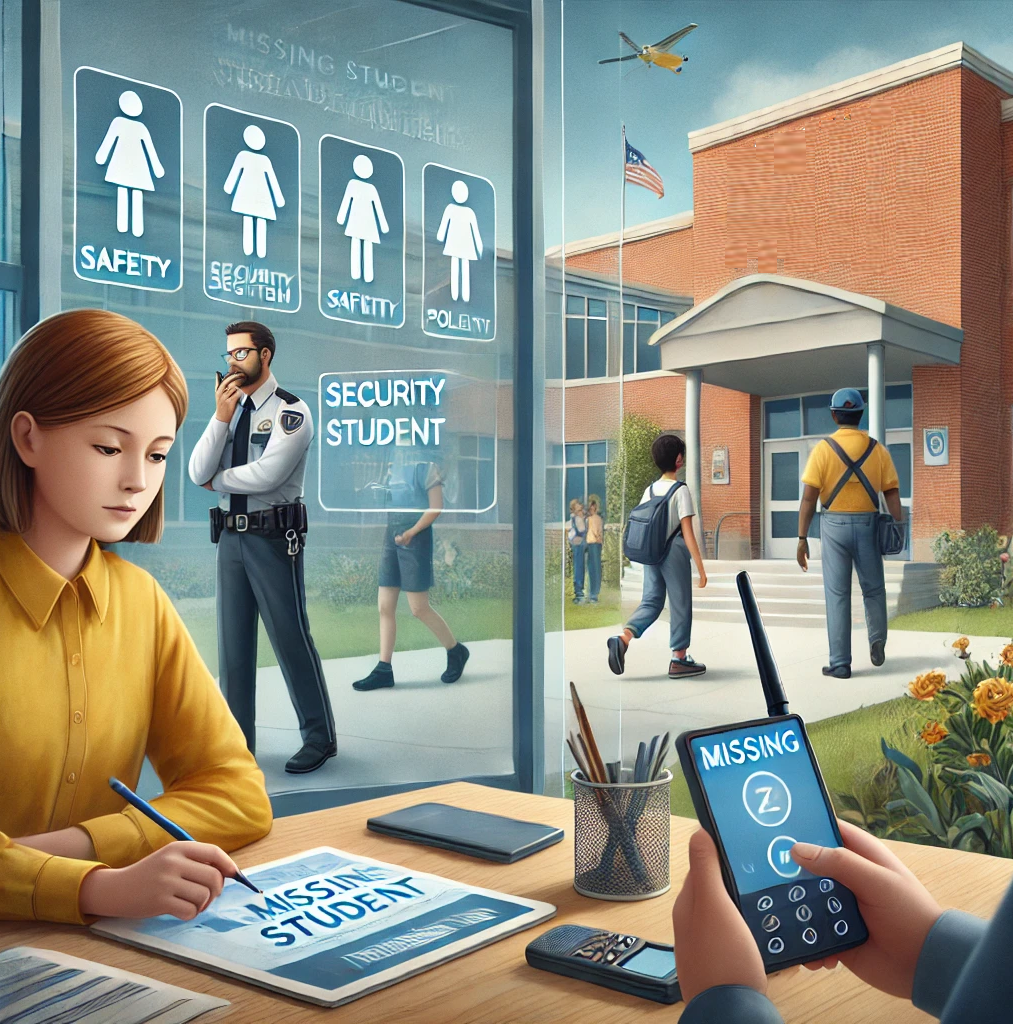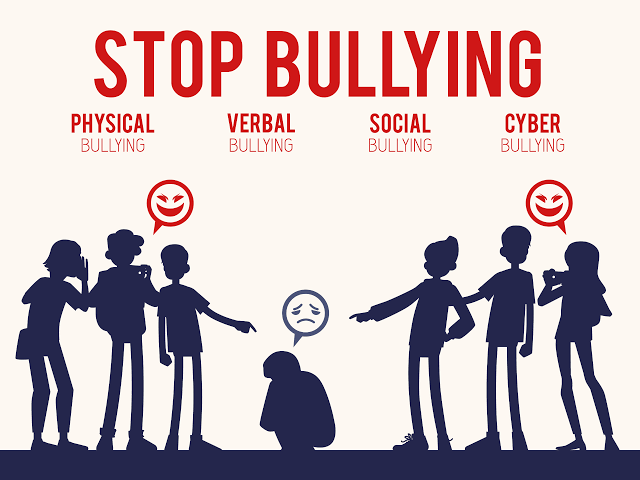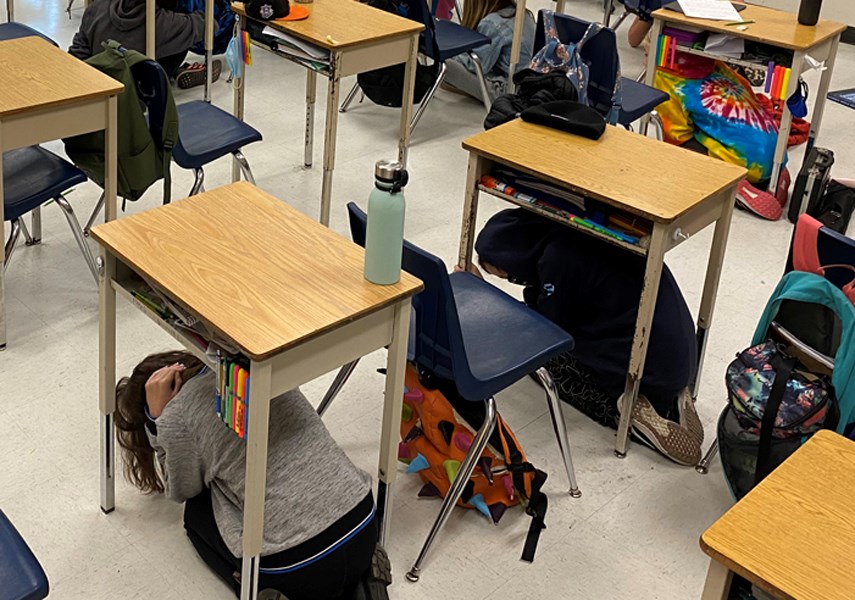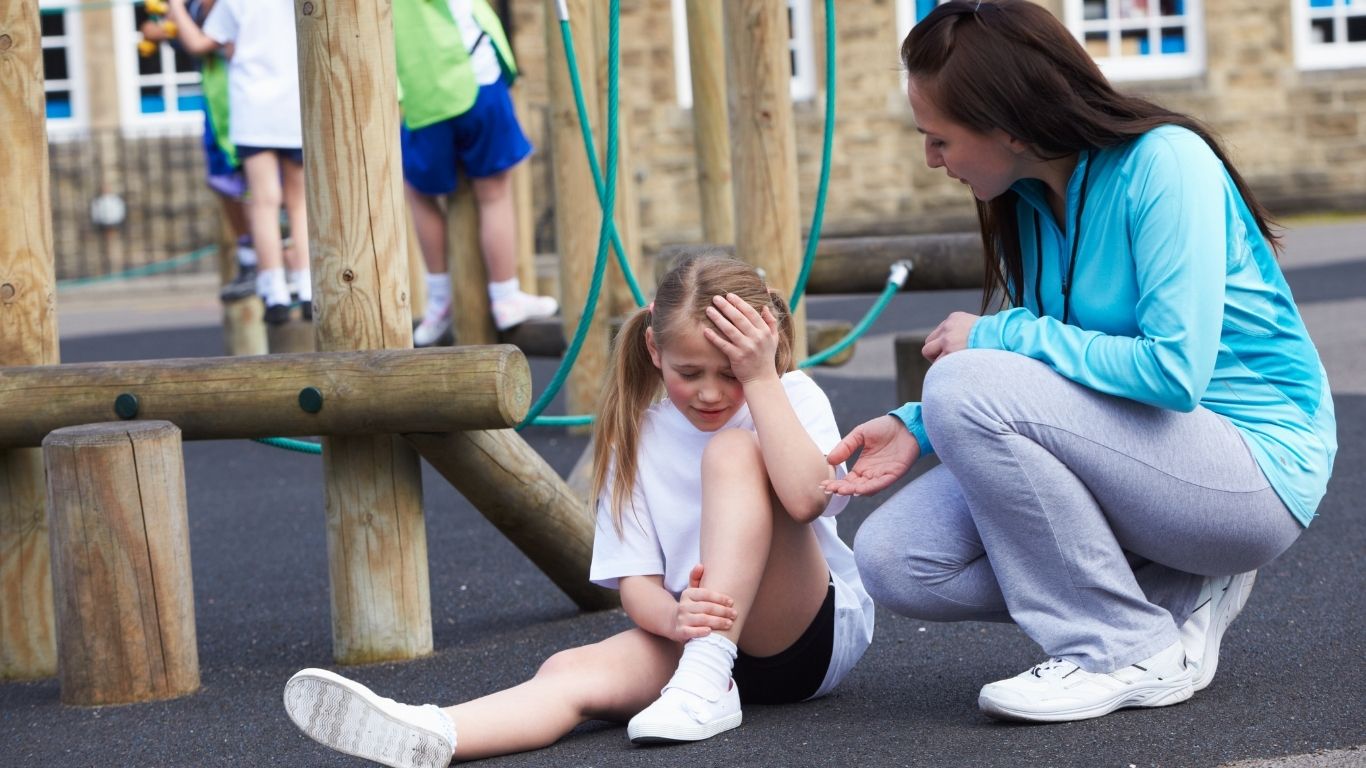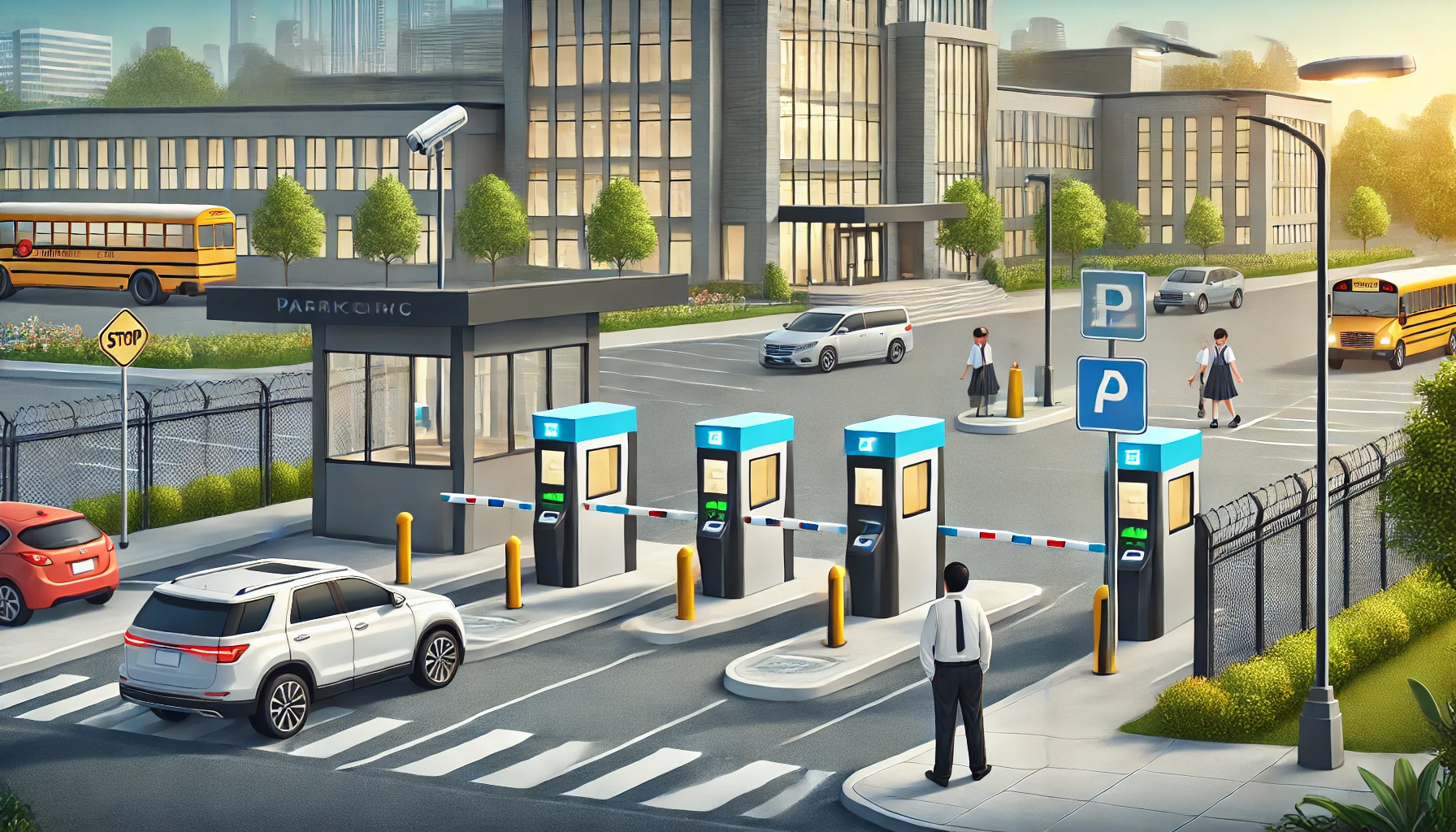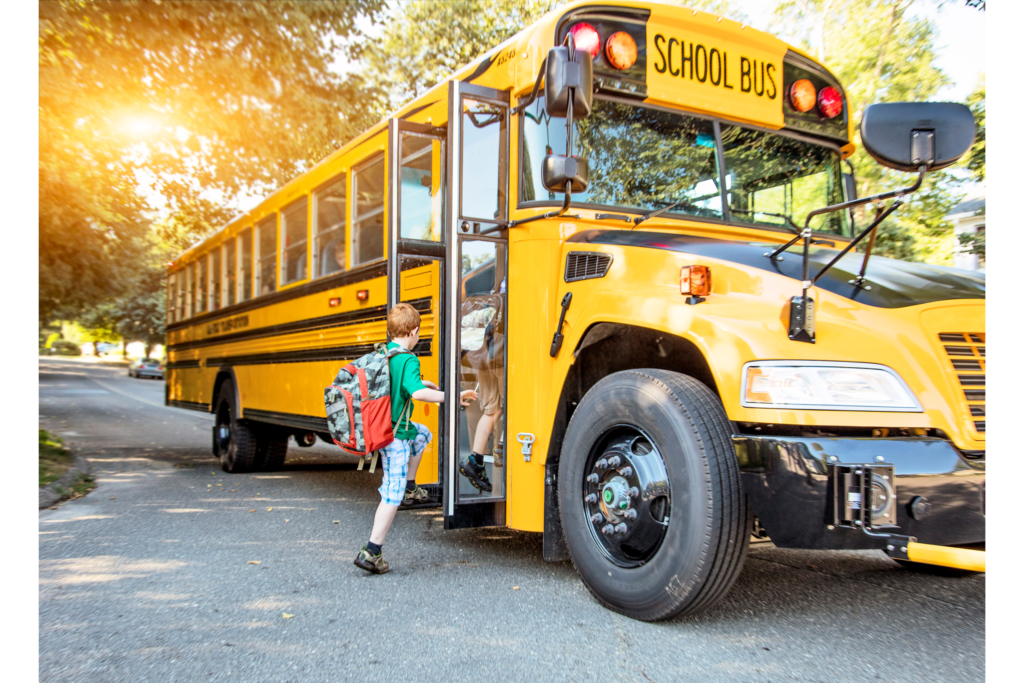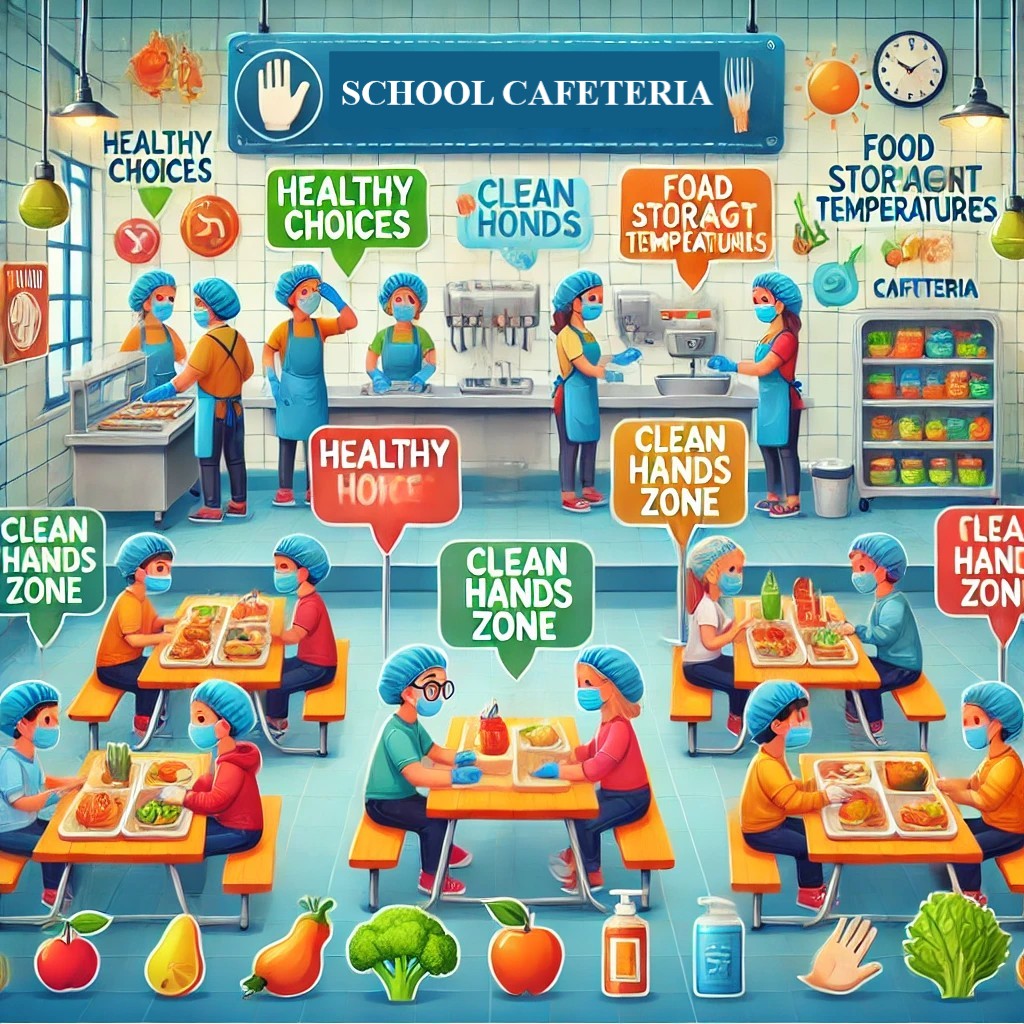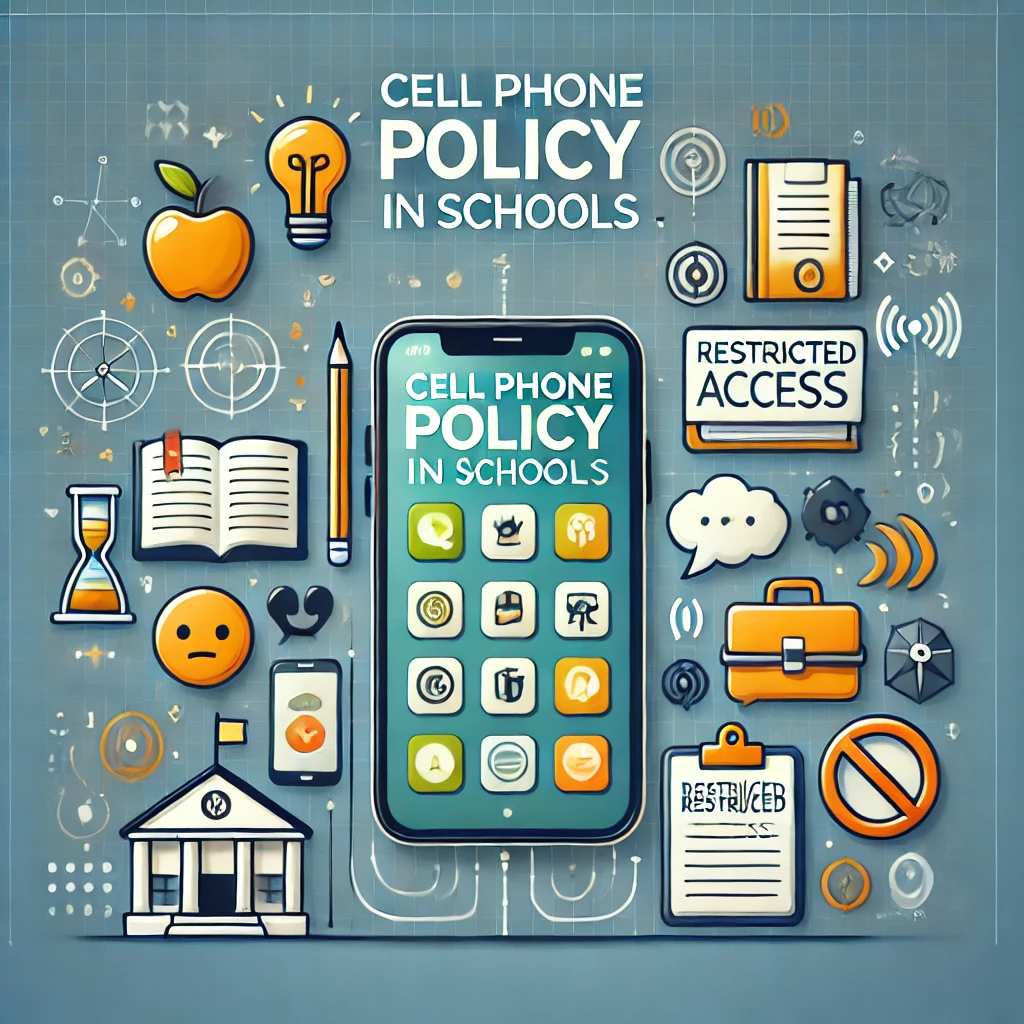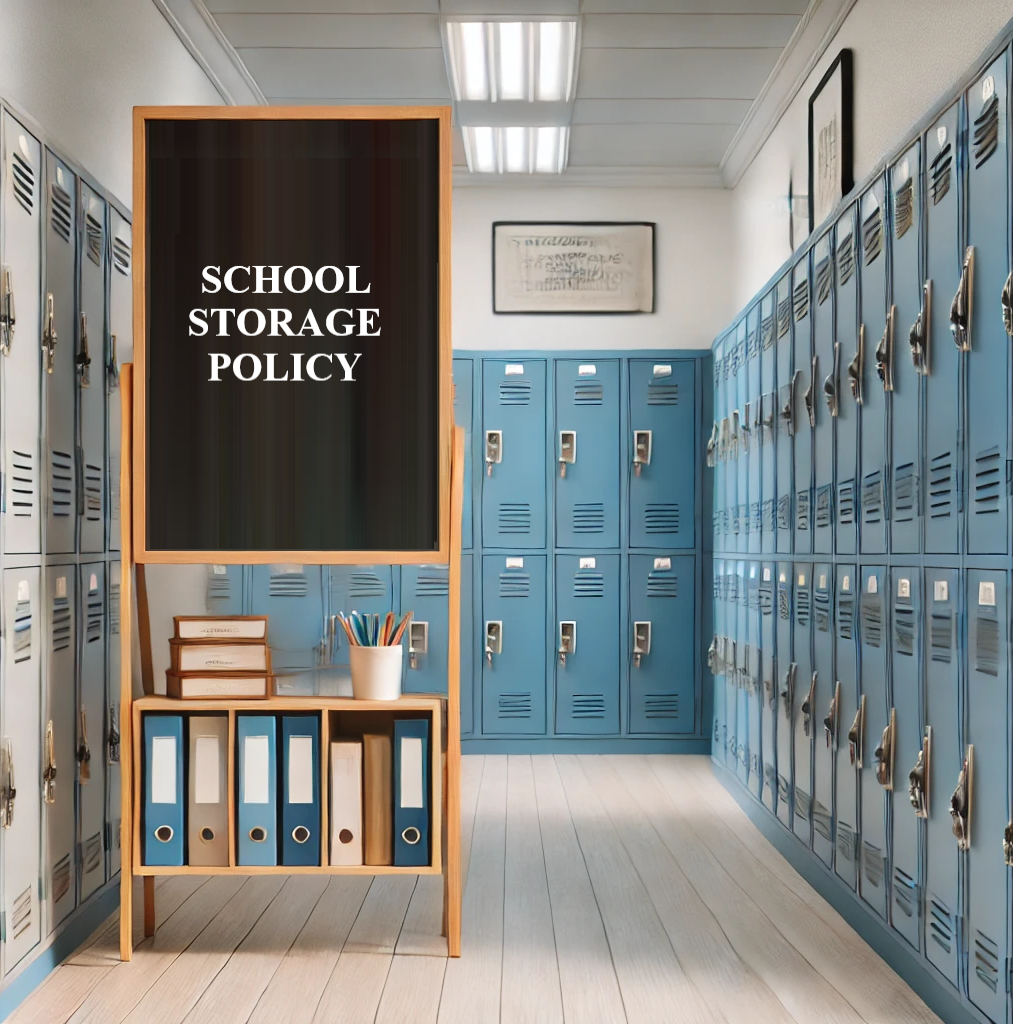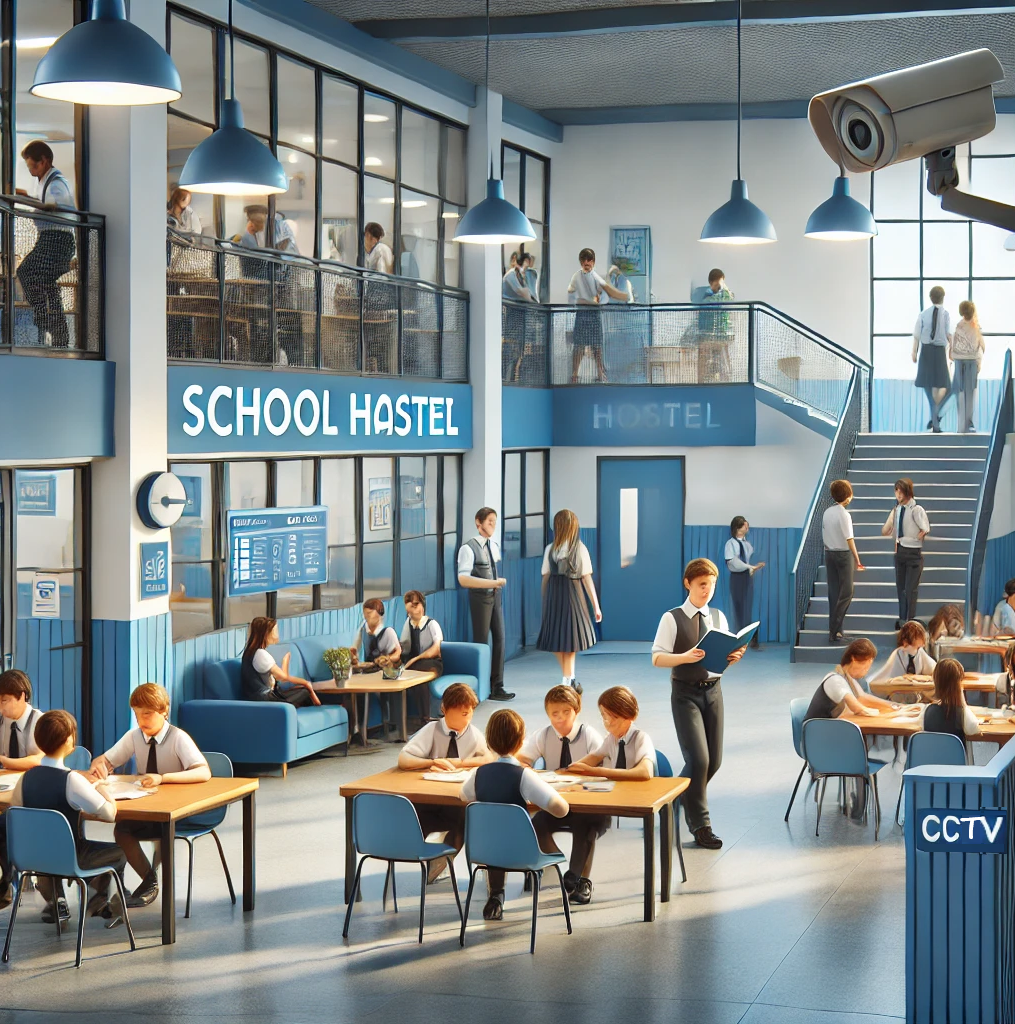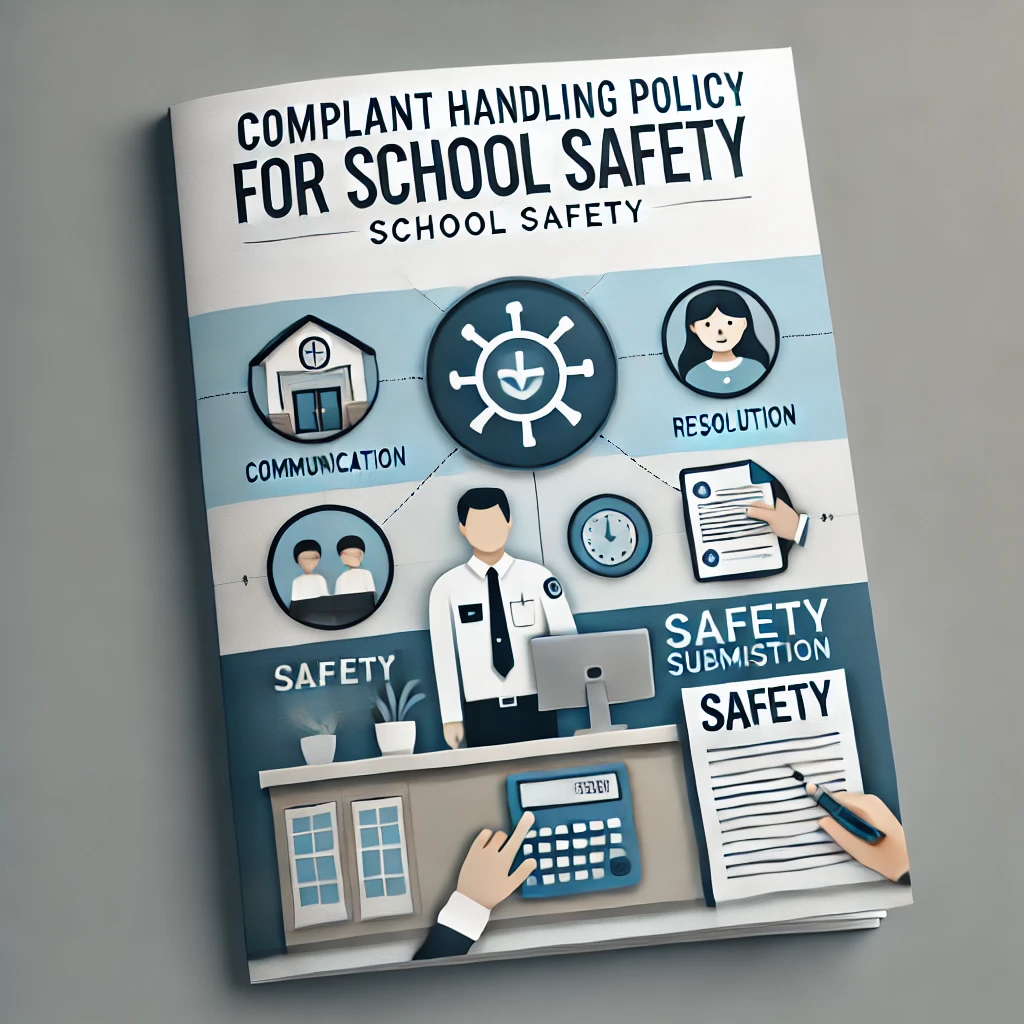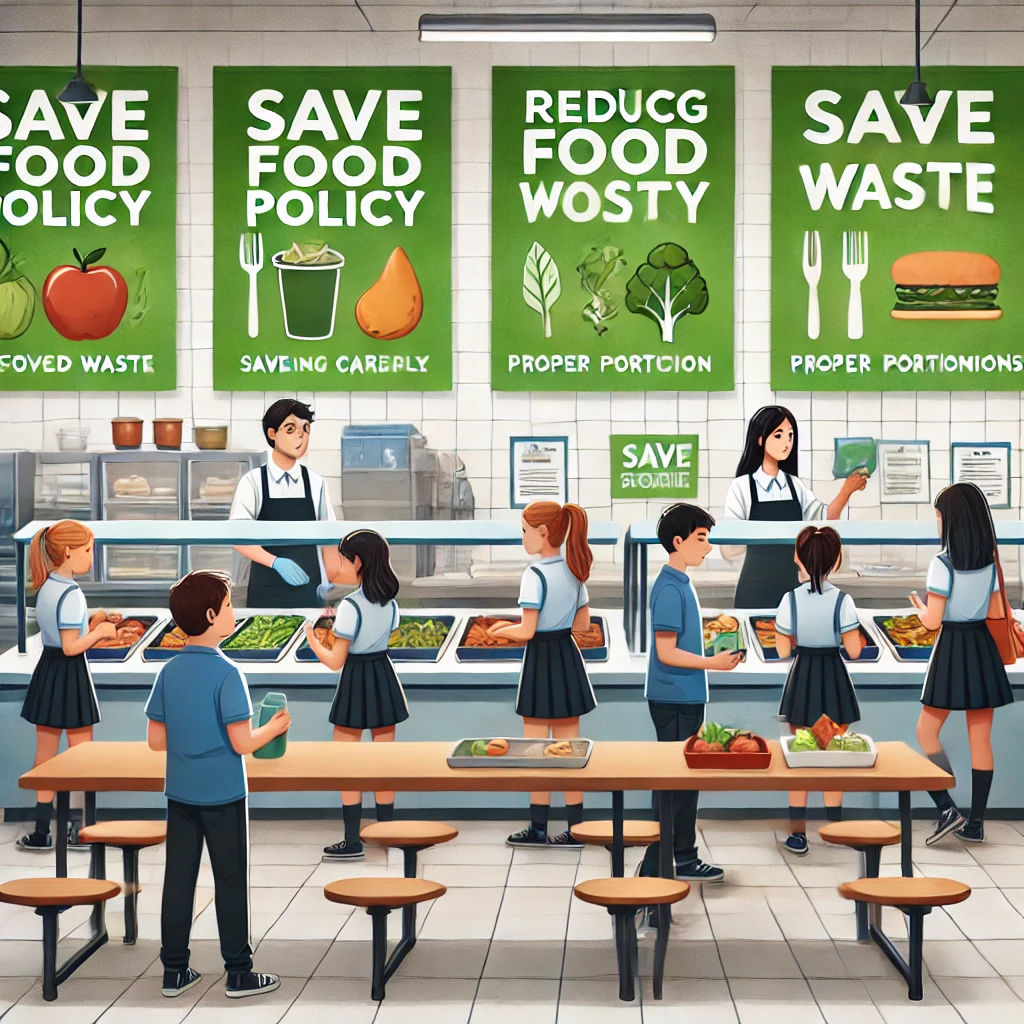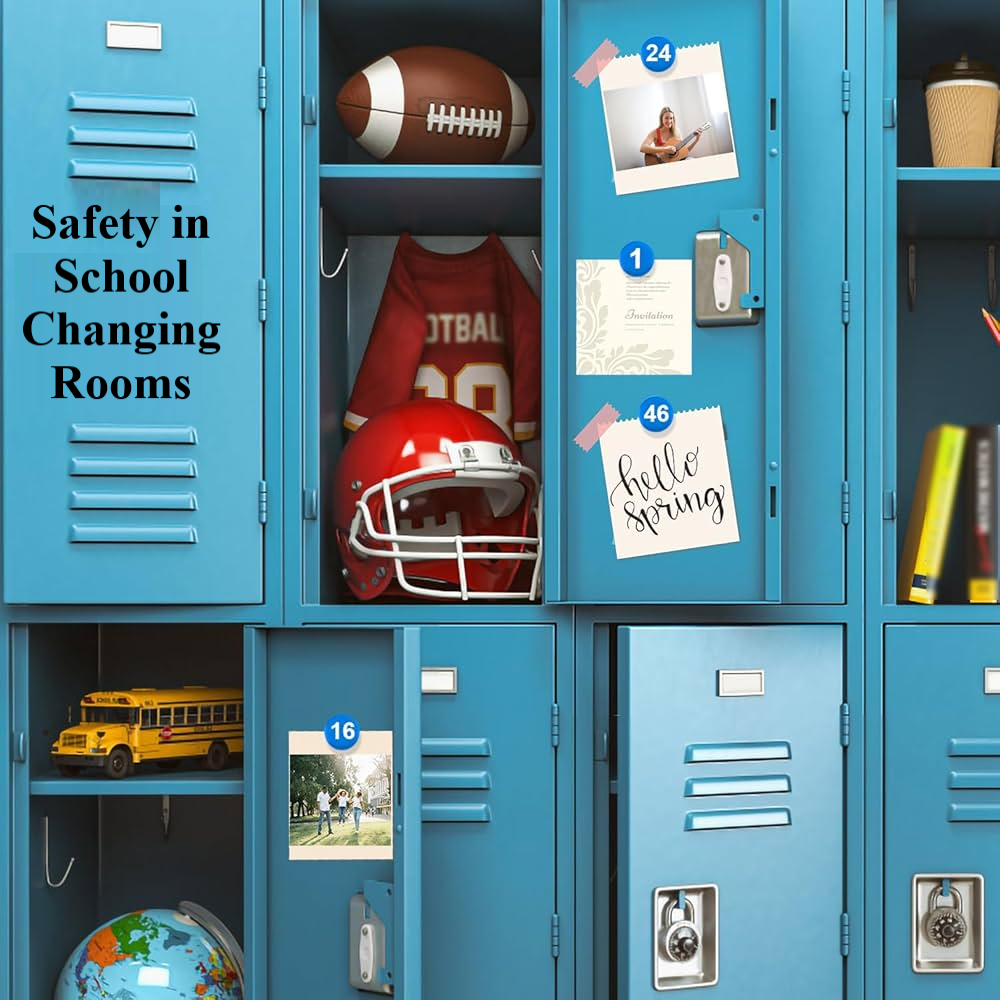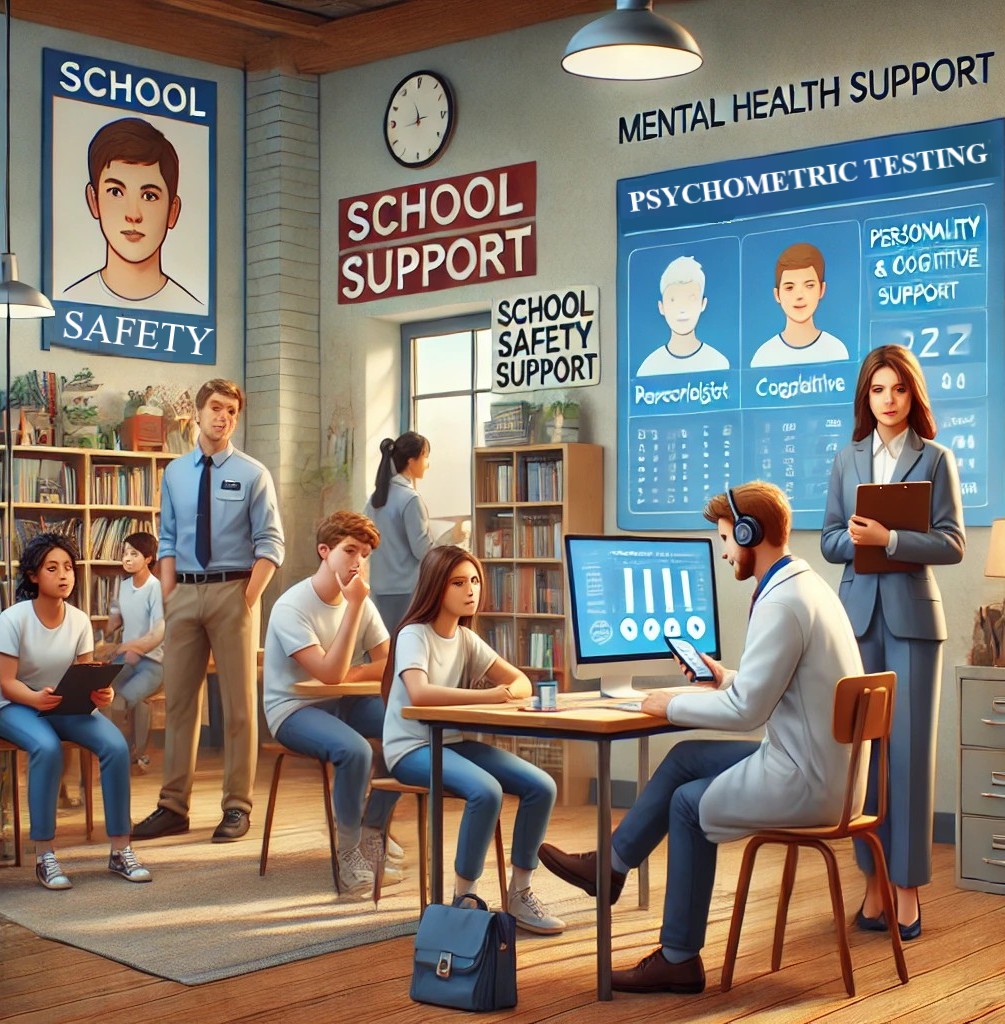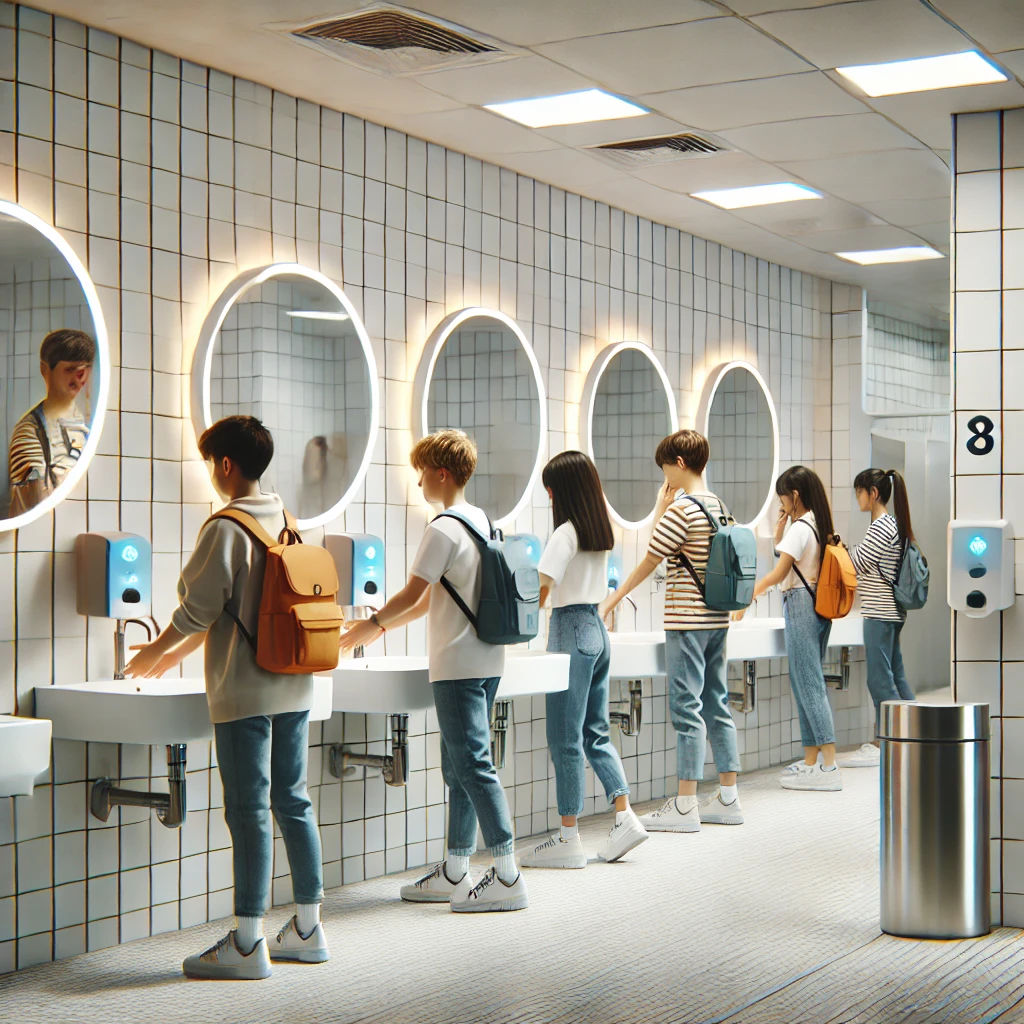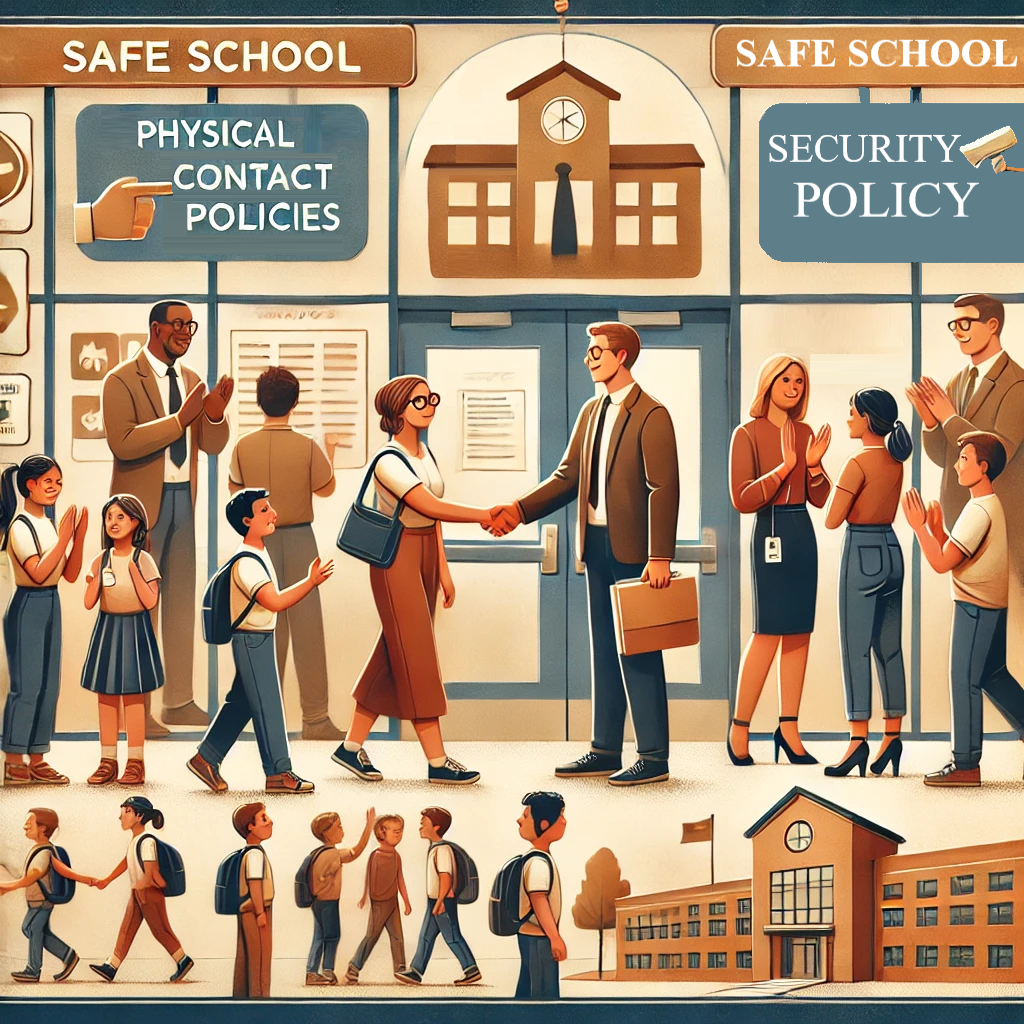Ensuring Safety on School Playgrounds
Playgrounds are
essential spaces for children to grow physically, socially, and emotionally.
However, they also pose potential risks if safety measures are not thoroughly
implemented. This blog series explores various aspects of playground safety in
detail, providing actionable strategies to mitigate risks and foster secure
play environments.
Identifying Common Playground Hazards
Playground injuries
often stem from preventable hazards. Understanding these risks is the first
step toward creating a safer environment.
Common Hazards:
- Faulty Equipment: Playground
equipment often endures heavy use, which can lead to wear and tear. Issues
such as rust, loose screws, and cracked surfaces can turn fun activities
into safety hazards.
- Hard Surfaces: Falls are the
most common cause of playground injuries. When children fall on concrete,
asphalt, or compacted soil, the risk of serious injury increases
significantly.
- Improper Use: Children may misuse
equipment by climbing where they shouldn’t or using swings as catapults.
While creativity is encouraged, such behavior can lead to accidents.
- Environmental Hazards: Wet surfaces,
loose debris like rocks and sticks, or even overhanging branches can
create unsafe conditions.
Steps to Mitigate Risks:
- Daily Inspections: A quick daily
walkthrough can identify potential hazards, such as broken equipment or
debris. Schools should assign staff to regularly check and address these
issues.
- Regular Maintenance: Equip the
playground with durable materials and schedule routine repairs. Replace
any worn-out or outdated equipment promptly.
- Improved Drainage Systems: Prevent
puddles and slippery surfaces by ensuring proper drainage.
- Clear Guidelines: Post signage
outlining safe equipment usage. Rules like “No climbing on slide
exteriors” or “Wait your turn” can prevent misuse and overcrowding.
By addressing these
common hazards, schools can proactively reduce playground injuries and provide
a safe space for children to explore and play.
